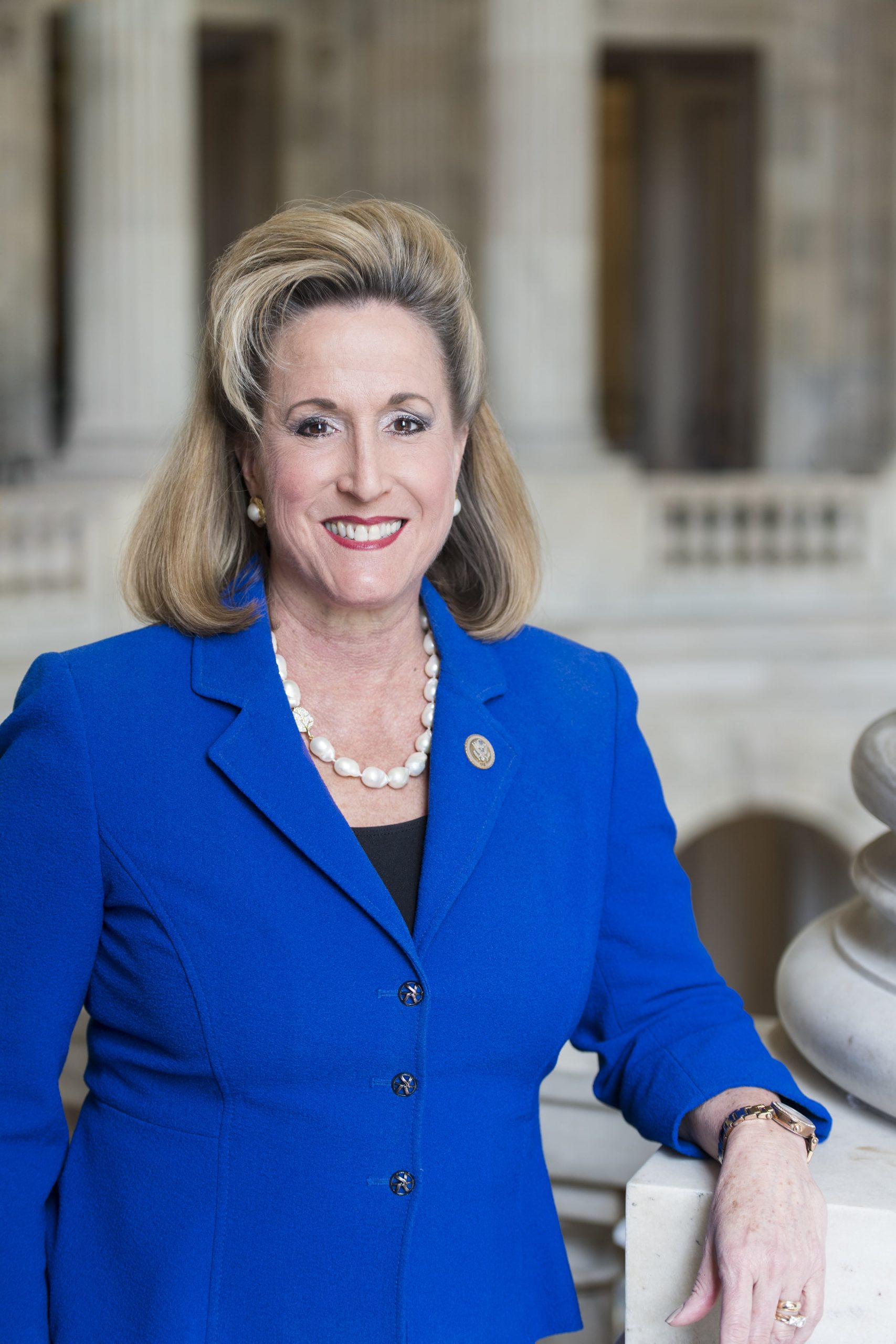
Twenty years ago, millions of Americans watched in shock and grief as the world changed forever. Our nation mourned the unimaginable loss of thousands of our countrymen in the deadliest attack on American soil since Pearl Harbor, and we resolved that the United States would never again experience a 9/11.
In service of this objective, the United States made immense sacrifices. American servicemen and women, including my eldest son, Raymond, deployed to the other side of the world to ensure the Taliban understood they could not under any circumstances allow Afghanistan to serve as a haven for terrorists bent on attacking the United States. Because of the courage of these men and women, vulnerable populations became safer, and women and girls won markedly improved rights to work and go to school — a remarkable consequence of our mission to deny a homeland for terrorists.
In addition, the United States took a long, hard look at the critical weaknesses that left us vulnerable to attack by al-Qaeda and undertook serious efforts to correct its shortcomings. U.S. intelligence agencies knew well before September 11, 2001, that Osama bin Laden was determined to strike the United States, but failed to share information effectively and work in tandem to prevent an attack. Today, the United States has restructured its intelligence community and interagency processes to facilitate closer teamwork and more seamless information sharing.
We have also revolutionized our counterterrorism capabilities, at home and abroad. The Department of Homeland Security was established for exactly this purpose in 2002, and counterterrorism became a key mission of law enforcement agencies like the Federal Bureau of Investigation. In Afghanistan, the U.S. military and intelligence agencies developed the ability to find and eradicate terrorist threats at their source. These capabilities were only won through long years of hard work, courage, and sacrifice by U.S., coalition, and Afghan forces.
President Biden’s ill-advised, disorganized, and dishonorable flight from Afghanistan makes the world, and America, less safe.
Our immense achievements are difficult to square with the tragedy unfolding in the wake of the Biden Administration’s catastrophic withdrawal from Afghanistan. The fall of Afghanistan was undeniably a colossal failure of intelligence, planning, policy, and leadership. How can Americans trust President Biden’s promise that “over-the-horizon” counterterrorism capabilities will keep them safe when the Administration appears to have spectacularly misunderstood the reality on the ground? How can our allies, who have fought bravely alongside us for two decades, retain faith in our resolve to defend them as well as ourselves?
President Biden’s ill-advised, disorganized, and dishonorable flight from Afghanistan makes the world, and America, less safe.
Our coalition allies stood with us against the Taliban because our homeland, not theirs, had been attacked. They asked the United States for more time to safely withdraw their troops and personnel, and the Administration ignored their pleas. As our work to contain and combat the influence of the People’s Republic of China grows ever more urgent, it is imperative we demonstrate to the world that we stand in lockstep with our allies. Anything less hands China and Russia an opportunity to paint the United States as an uncertain and unreliable partner.
Even more concerning is the heightened terror threat and tragic casualties resulting from the chaotic U.S. withdrawal. Contrary to the President’s assertions, al-Qaeda has not vanished from Afghanistan. The United Nations reports that significant numbers of al-Qaeda fighters and extremists, including much of al-Qaeda’s leadership, remain in the country. As both the Defense Intelligence Agency and U.S. Treasury have documented, these terrorists retain close ties with the Taliban and enjoy their protection. It is almost a foregone conclusion that the Taliban will allow al-Qaeda and ISIS the space and impunity to again use Afghanistan as a staging ground for attacks on U.S. targets.
How can our allies, who have fought bravely alongside us for two decades, retain faith in our resolve to defend them as well as ourselves?
By the admission of President Biden’s own CIA director, William Burns, the spy network painstakingly built during U.S. and coalition forces’ service in Afghanistan will wither away in our absence, leaving us effectively blind to terrorist threats emanating from the country. And we cannot simply relocate our counter-terror forces to a nearby country to ensure we retain the ability to attack terrorist threats at their source. The United States has not operated a base in Central Asia since 2014. Other powers in the region, Pakistan most egregiously, have demonstrated that they prefer to work with China, Russia, and even the Taliban over the United States.
I fear the current Administration has forgotten the most important lesson of 9/11: the necessity of sending the clear and unequivocal message to our adversaries that attacks on the United States, its people, and its allies will be met with forceful consequences. Instead, President Biden communicated that saving the lives of American citizens and the brave Afghans who fought alongside us mattered less than meeting a deadline set by the Taliban.
As Vice Ranking Member of the House Foreign Affairs Committee, I am working with my colleagues to send the messages that the Administration will not. The United States does not tolerate threats to the American people, and we will always honor our commitments to our allies and friends.
Ann Wagner represents the 2nd District of Missouri in the U.S. House of Representatives. She serves as the Vice Ranking Member on both the House Foreign Affairs Committee and Committee on Financial Services.




